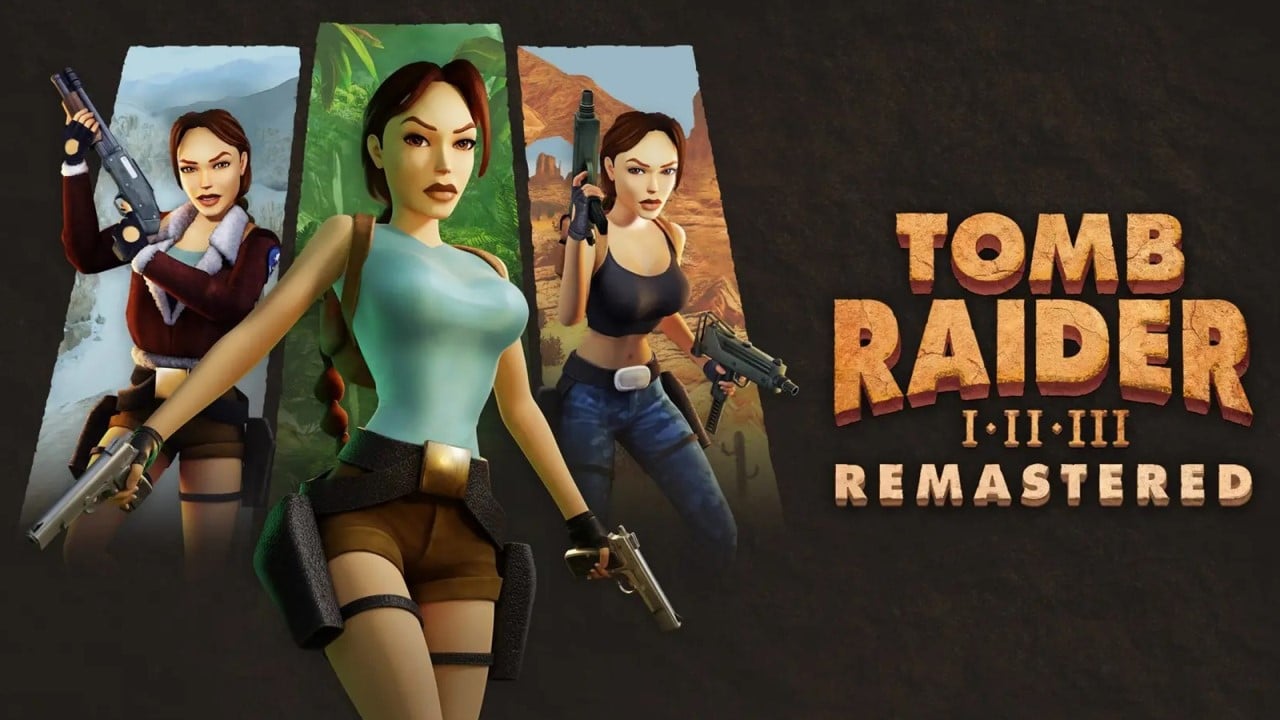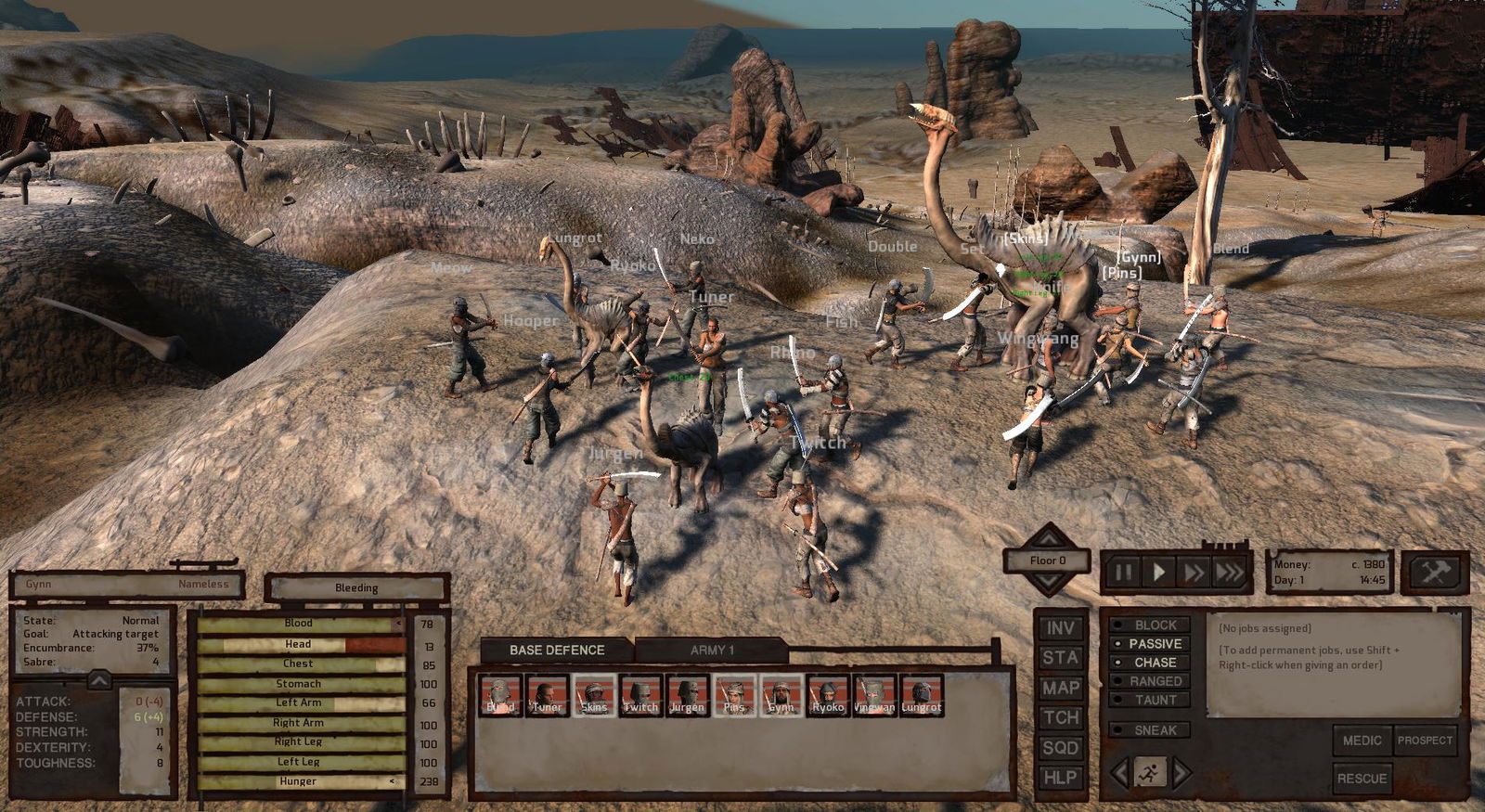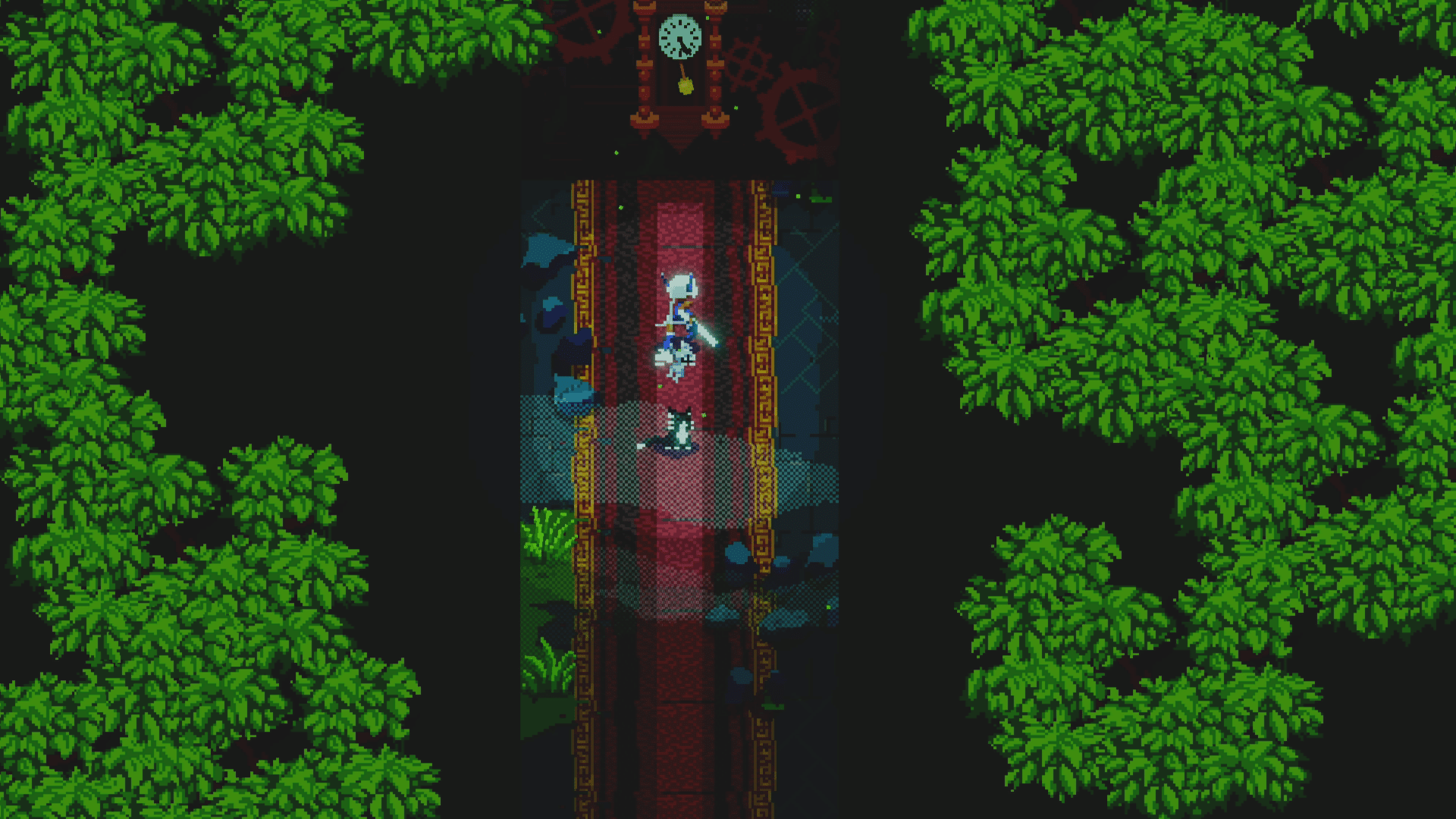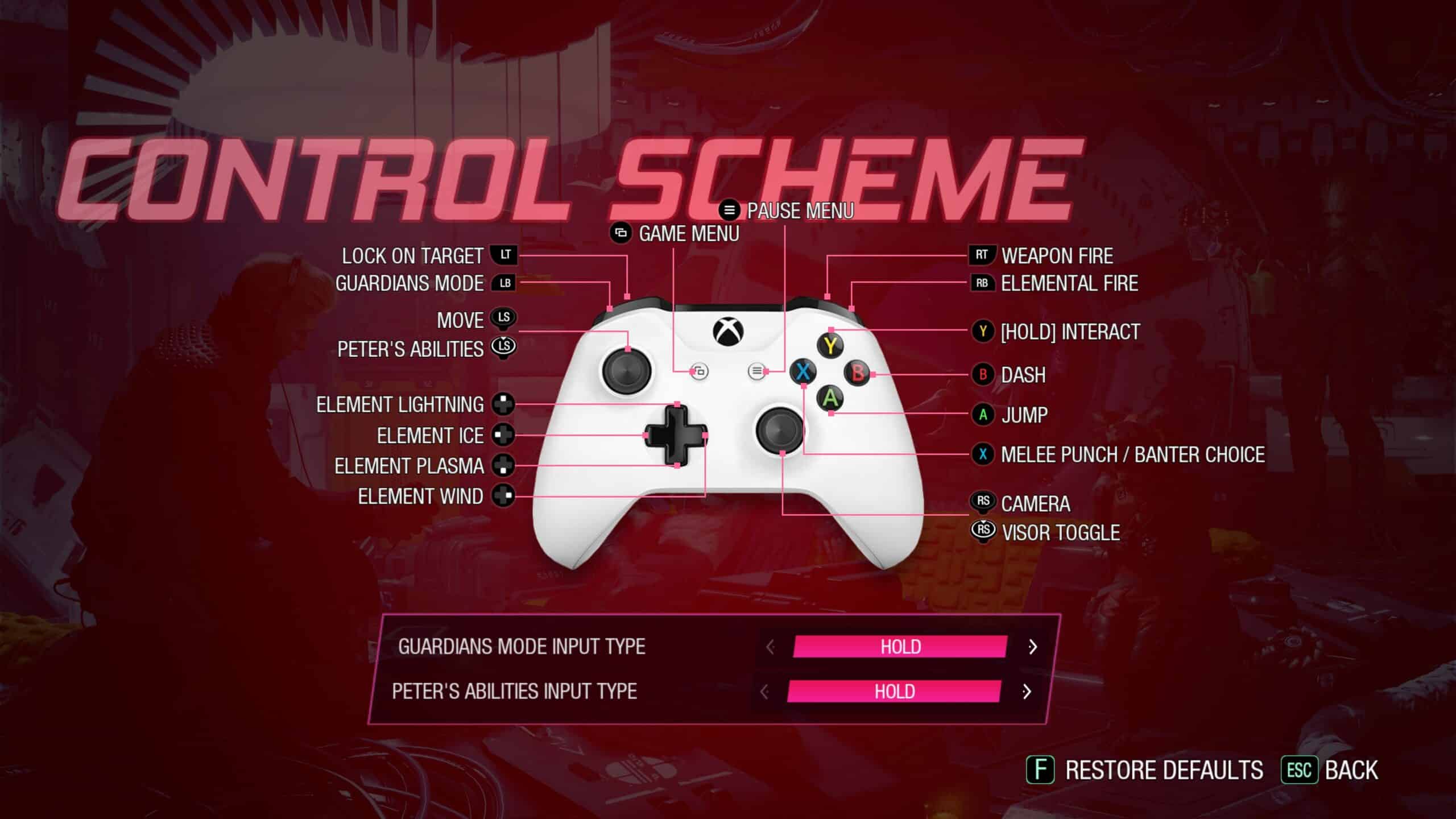Long before Crystal Dynamics helmed the Tomb Raider franchise, Lara Croft’s adventures were built by the long defunct Core Design studio. The iconic treasure-seeking dungeon delver immediately resonated with gamers when she hit the scene in the 90s, quickly revealing the globe-trotting adventurer to be much more than a gender-swapped Indiana Jones. Now Aspyr, a developer commonly known in the modern day for remastering and porting classics, has revitalized Tomb Raider 1-3 in a remastered collection targeting Lara’s oldest fans.
As this aptly-named collection implies, Tomb Raider 1-3 Remastered bundles Lara Croft’s first three outings and gives them a fresh coat of paint, as well as some minor fine-tuning. The result is a byproduct of the gaming industry over two-and-a-half decades ago and very lightly modernizes the package, although not in any way that is able to notably alleviate the early 3D clunkiness of that era of gaming. Whether that faithful recreation of a PS1 classic is met with heartwarming embrace or frustrating disdain will likely come down to how much power nostalgia has over the one playing Croft’s beginnings.
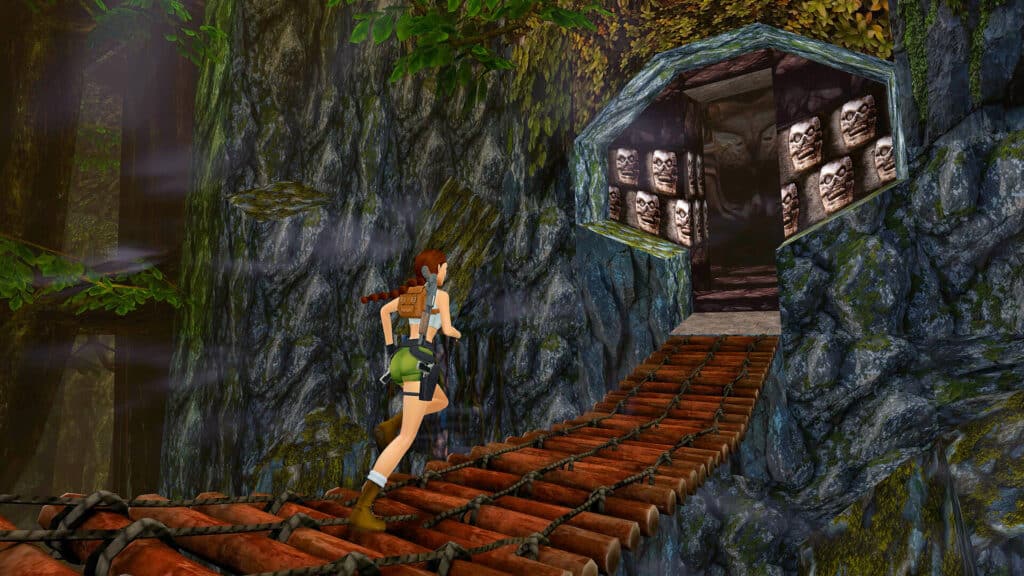
Nostalgia Goggles Sold Separately
Without the soothing tint of nostalgia goggles, the video game designs of yesteryear have their limitations and flaws highlighted to a greater degree. These Tomb Raider games are embedded in a time of popularized tank controls, a system wherein directional input is determined by how the on-screen character model is facing, not the camera angle. After literal decades of much more modernized controls, it is a jarring shift to return to such a rigid movement system. But like I said, that may very well be half of the charm for some.
Should the power of charm prove formidable enough, it will also have to contend with the the rigidity of the camera, sometimes leading to blind leaps as you hope Lara lands safely on the intended surface. That’s because, just like other games of this kind in the late 90s, fighting the camera wasn’t an uncommon component. Having the camera get stuck or pinned in undesirable places, obscuring the desired view, was simply part of the learning curve.
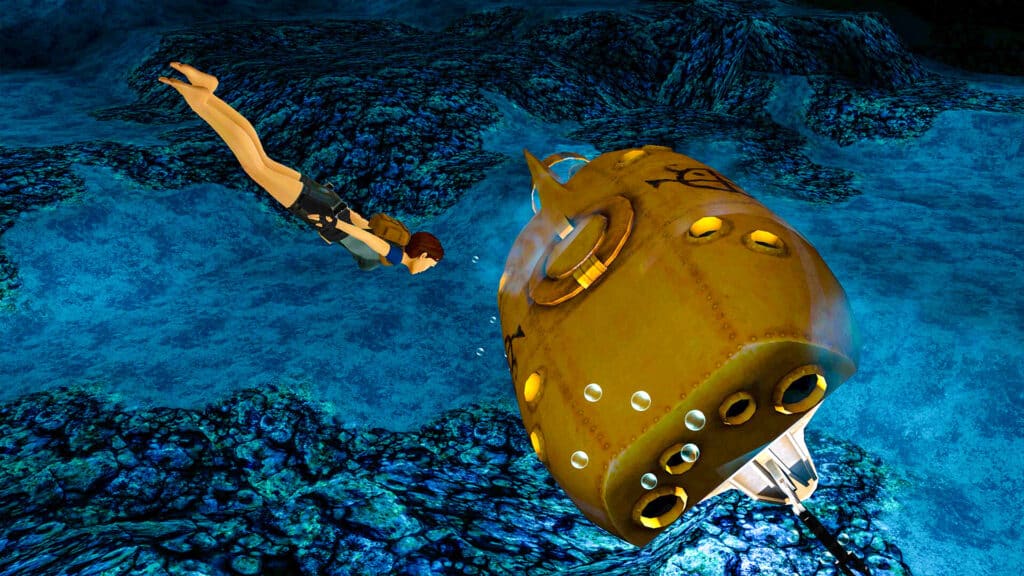
Now I know a lot of this review thus far may sound negative, but that isn’t the intention. Truly, the goal is to inform prospective buyers on the former designs of the industry that may not vibe with those who either don’t have a intense love for the IP or aren’t as easily affected by nostalgic experiences. It’s why reviewing remasters can be so difficult. It’s hard to fault a game for faithfully recreating an experience that made the most of what it had 25+ years ago, even though such practices have long been left behind in modern titles. Aspyr is looking to dust off a few classics and make them look presentable before sending them out into the public, nothing more; this collection isn’t a remake.
That said, Aspyr has taken the time to ensure that light modernizations were added to soften the rougher edges of these PS1 games. One such addition is the ability to swap between classic and remastered graphics, a switch that happens instantaneously with the press of a button. It’s a fun transition to play with and it occurs without any perceivable hitching or performance degradation. Surprisingly, I found the remastered visuals, while not wholly transformative, to strike a fine balance between preserving the original look while updating small parts. For example, the draping vines and other greenery once plastered to the walls and floors like wallpaper have been elevated to 3D renderings, giving those environments a bit extra pop.
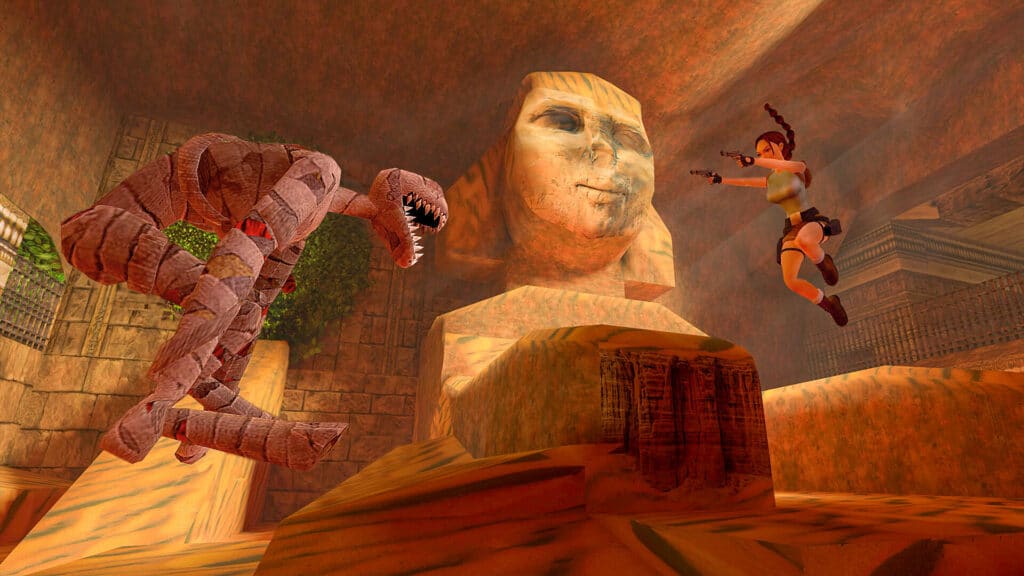
Modernizing the Fun and Flaws
The classic Tomb Raider controls have also been given attention. Aspyr has provided the ability to use modernized controls, which toss aside the aforementioned tank controls and allow full directional movement based on the camera. It’s a system that works fairly well, giving our artifact-hoarding heroine better freedom of motion especially when blasting spiders, tigers and tyrannosaurus rexes with her signature dual pistols. However, it’s mostly a blessing only when Lara has ample room to maneuver. When pressed up against a wall in a tight space with a finnicky camera angle, the modern controls lose some of their value. And that may happen more than you think given the amount of platforming that demands pinpoint accuracy.
All that said, Tomb Raider 1-3 Remastered is an experience sure to delight longtime fans, even with the old-school frustrations faithfully maintained. Backflipping about (possibly while attempting to lock the butler away in a freezer), blasting all manner of real and fictional creature with dual-wielded handguns, and expertly navigating varied exotic locales is as entertaining and challenging as you remember. Whether or not those initial Croft adventures have any appeal to you over her more modern iterations is up to your capacity to be impacted by sentimentality and desire to reminisce.
Tomb Raider 1-3 Remastered: Tomb Raider 1-3 Remastered is a faithful recreation of Lara Croft's earliest adventures. Aspyr has gone to great lengths to maintain the feeling of the original, even with their optional remastered graphics and modernized controls settings. Whether you want to experience those first three Tomb Raider games in their original, unedited glory or you want them lightly spruced up for the modern era, the choice is yours. Either way, you're bound to contend with the (potentially endearing) limitations and flaws of this earlier years of gaming. – Joshua
Editor’s Note: Tomb Raider 1-3 Remastered was reviewed on PC, and a copy was provided to us for review purposes.

